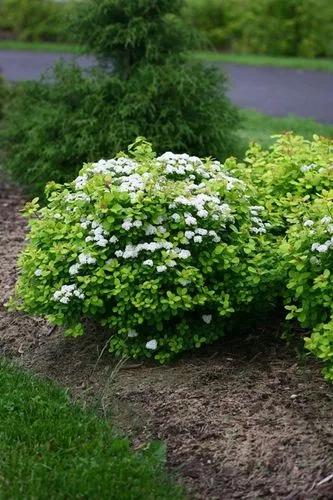The Black Cherry Tree is distinct with its lovely white flowers and delicious dark plum-colored fruit. This native, large tree is found across the Midwest and eastern United States, bearing pendulous clusters of white flowers in early spring and small dark fruits in late summer.
Black Cherry Care
Prunus Serotina



Prunus serotina is a deciduous tree native to the eastern United States. It can reach up to 100 feet (30 m) in height, with dark green leaves that turn yellow to red in the fall. The tree blooms small white flowers in late spring and bears small, bittersweet-tasting reddish-black fruits in late summer, its main identification feature.
How to Care for the Plant

Container

Make sure that your container is bigger than the root ball of the tree so it can grow and that it has drainage, and it'll be fine.

Fun fact

It's often used for its timber and thrives in various soil types, making it suitable for larger properties, particularly in the mountains of North Carolina.

Popularity

4,122 people already have this plant 660 people have added this plant to their wishlists
Discover more plants with the list below
Popular articles






